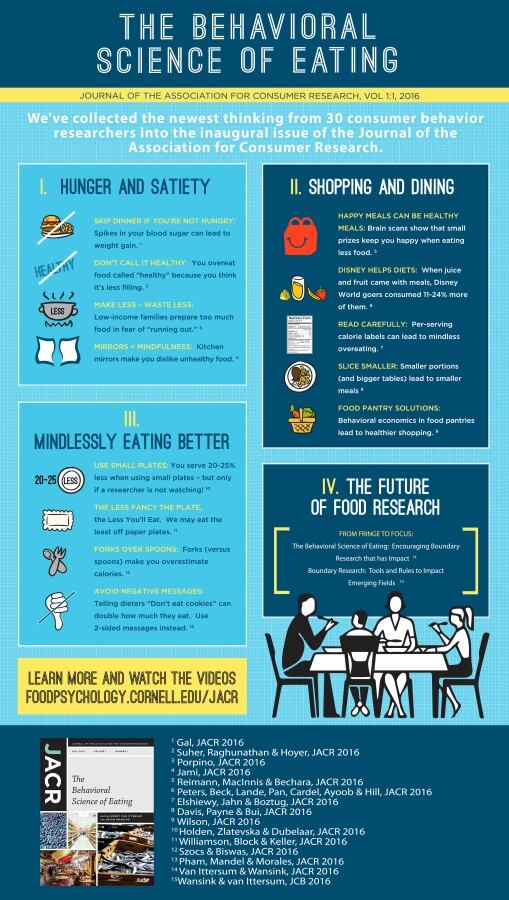The study found that people in contemporary societies often eat not on account of hunger but because tasty food is available and at all hours of the day. These findings suggest when people eat might be as important for health as what or how much they eat.
Meal timing has been associated with the likelihood of developing obesity, metabolic syndrome, and non-alcoholic fatty liver disease. Changes in meal timing might be responsible for shifts in population health outcomes, with the timing and number of snacks and meals consumed correlating closely with the obesity epidemic.
In order to test this theory, Dr David Gal from the University of Illinois, Chicago focused on the relationship between the subjective sensation of hunger and post-consumption glucose levels. Gal believed that regulating food intake according to hunger may be healthier, as hunger signalled a state in which the body was prepared to absorb nutrients.
The temptation to snack

Despite the likely importance of meal timing to health outcomes, behavioural researchers have paid relatively little attention to consumer behaviours related to it.
Animal studies show a link between calorie restriction and both increased pre-meal concentrations of ghrelin, a hormone associated with increased hunger and the clearing of nutrients, in particular glucose, from the blood.
Further evidence suggests normal-weight individuals tend to regulate their food intake according to internal cues like hunger and satiety, whereas obese individuals are more likely to regulate their food intake according to external cues such as food availability or palatability.
“Most of the time people eat when they are not hungry not because they are doing it strategically out of habit, but because food tastes good, because they are stressed,” Gal told us.
Study details
In Gal’s study 45 subjects were enrolled. They were instructed not to eat for at least 2 hours prior to the study. They were asked to rate their hunger on a 7-point scale from 1 (“not at all hungry”) to 7 (“very hungry”). Participants were also asked to write down how much time had elapsed since they last ate.
After eating a small meal, they were instructed to rate how much they enjoyed consuming the food and to measure their blood glucose at 20 minutes, 35 minutes, and 50 minutes post consumption.
Blood glucose levels tend to rise after a meal containing carbohydrates and it is generally healthier if they do so by a relatively small amount because elevated blood glucose is damaging to the body’s cells.
Results
The results of the study showed that individuals who were moderately hungry before the meal tended to have lower blood glucose levels after consuming the meal than individuals who were not particularly hungry before consuming the meal.
These findings suggest that it might be healthier for individuals to eat when they are moderately hungry than when they are not hungry.
“A possible explanation for why glucose levels do not linearly decrease with increasing hunger is that as the body’s need for nutrients, and glucose in particular, becomes acute, physiological mechanisms act to shut off glucose supply to muscles so that the glucose from the blood stream is preserved for essential organs, particularly the brain,” said Gal.
The study also suggested the possibility that high levels of hunger might lead to rapid gastric emptying which tended to lead to an increase in blood glucose levels, which might counteract the effect of increased glucose absorption associated with high hunger.
Unlike the relation between hunger and postmeal glucose, there was a strong positive relationship between hunger and enjoyment of the meal. “This finding is consistent with the notion of alliesthesia, which refers to the idea that the pleasure associated with a given stimulus is influenced by changes in one’s physiological state,” said the study.
Source: The Journal of the Association for Consumer Research
Published online January 2016, Vol. 1, Issue 1
“Let Hunger Be Your Guide? Being Hungry Before a Meal is Associated with Healthier Levels of Post-Meal Blood Glucose.”
Author: Gal, David
